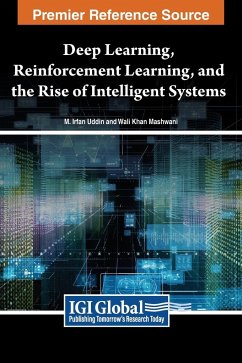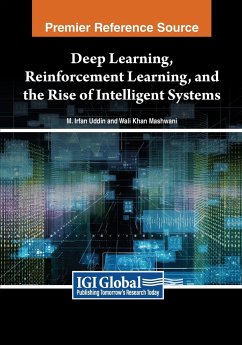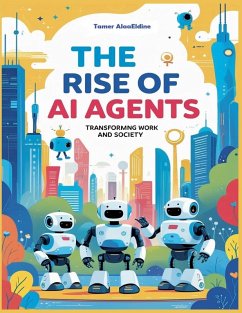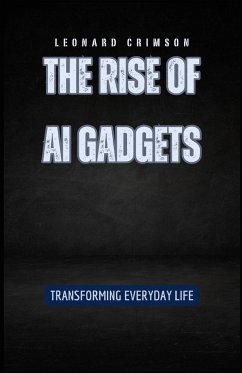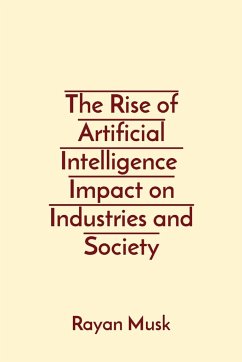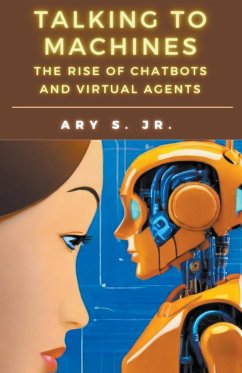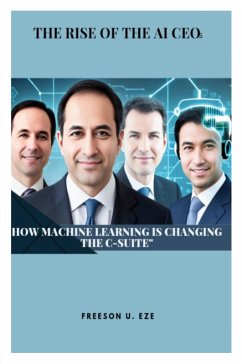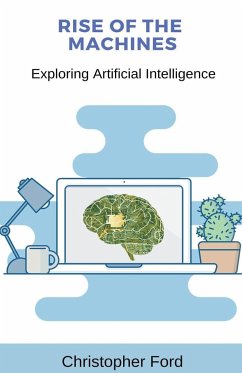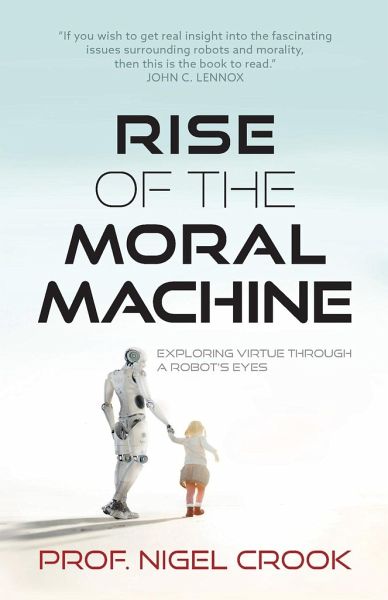
Rise of the Moral Machine
Exploring Virtue Through a Robot's Eyes
Versandkostenfrei!
Versandfertig in 1-2 Wochen
13,99 €
inkl. MwSt.

PAYBACK Punkte
7 °P sammeln!
Rise of the Moral machine describes the emergence of a new technology called 'moral machines' that seeks to equip AI algorithms and robots with a capacity to perceive and respond to the ethical consequences of their choices and actions. The recent and in some cases breath-taking advances in Artificial Intelligence have led to serious ethical concerns over the harms that this technology could cause to individuals, organisations and society at large. The root cause of these concerns comes from the fact that these decision-making algorithms are morally naïve. They have no concept of right or wro...
Rise of the Moral machine describes the emergence of a new technology called 'moral machines' that seeks to equip AI algorithms and robots with a capacity to perceive and respond to the ethical consequences of their choices and actions. The recent and in some cases breath-taking advances in Artificial Intelligence have led to serious ethical concerns over the harms that this technology could cause to individuals, organisations and society at large. The root cause of these concerns comes from the fact that these decision-making algorithms are morally naïve. They have no concept of right or wrong and no capacity to recognise the potential good or evil that their 'autonomous' decisions and actions might have on the people they interact with. This book describes the efforts of scientists who seek to rectify this by equipping AI algorithms and robots with a capacity to perceive and respond to the ethical consequences of their choices and actions. The Author bring a unique perspective on this subject that is informed by a deep understanding of AI technology combined with a long-term amateur interest in the theology of personal moral development. The book offers a thoughtful and accessible discussion at the intersection between AI, theology, philosophy and neuroscience. Ultimately, its aim is to alleviate the fears that many have about how AI and robotics are challenging our understanding of human identity, of which moral competence is a vital component.





